
Food, Inc.
How Industrial Food is Making Us Sicker, Fatter, and Poorer – And What You Can Do About It
First Edition: 2009 Mehr
Published by Public Affairs, a member of the Perseus Group LLC
ISBN: 9781586486945
Pages: 336
Recommendation
Could the current food production system be any more problematic? Consider corn, America’s largest food crop. While millions of people around the word starve, the United States insists that its farmers divert 40% of their annual corn crops to produce ethanol, an inefficient biofuel that does little to alleviate the energy problem. Consider factory farms – some of which use cramped holding pens for animals, or confine them in tight metal cages or concrete bins; there farmers inject them with dubious hormones and feed them feathers, poultry excrement, cement dust and rotten food. Edited by writer Karl Weber, this collection of 25 expert articles on food production and related issues reveals shocking facts about our food chain. getAbstract recommends this book to those who want to eat more healthfully, and to anyone who wants to know more about what they are eating and where it comes from.
Summary
About the Author
Karl Weber, a writer and editor, is president of Karl Weber Literary and the co-author of Creating a World Without Poverty.










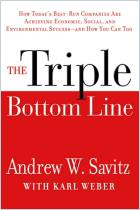
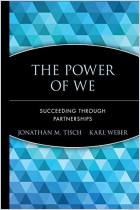
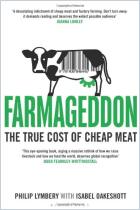

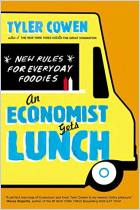

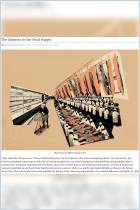
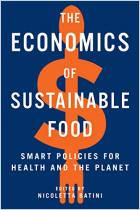






Comment on this summary or Diskussion beginnen